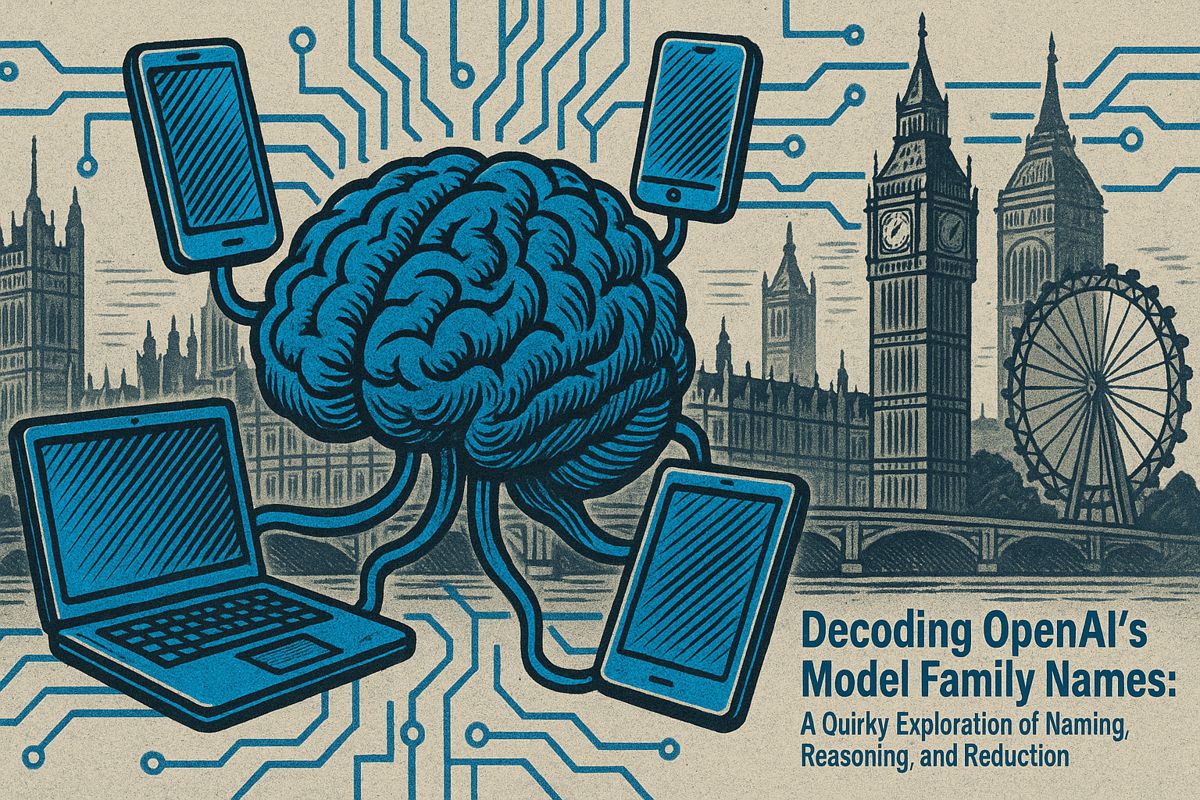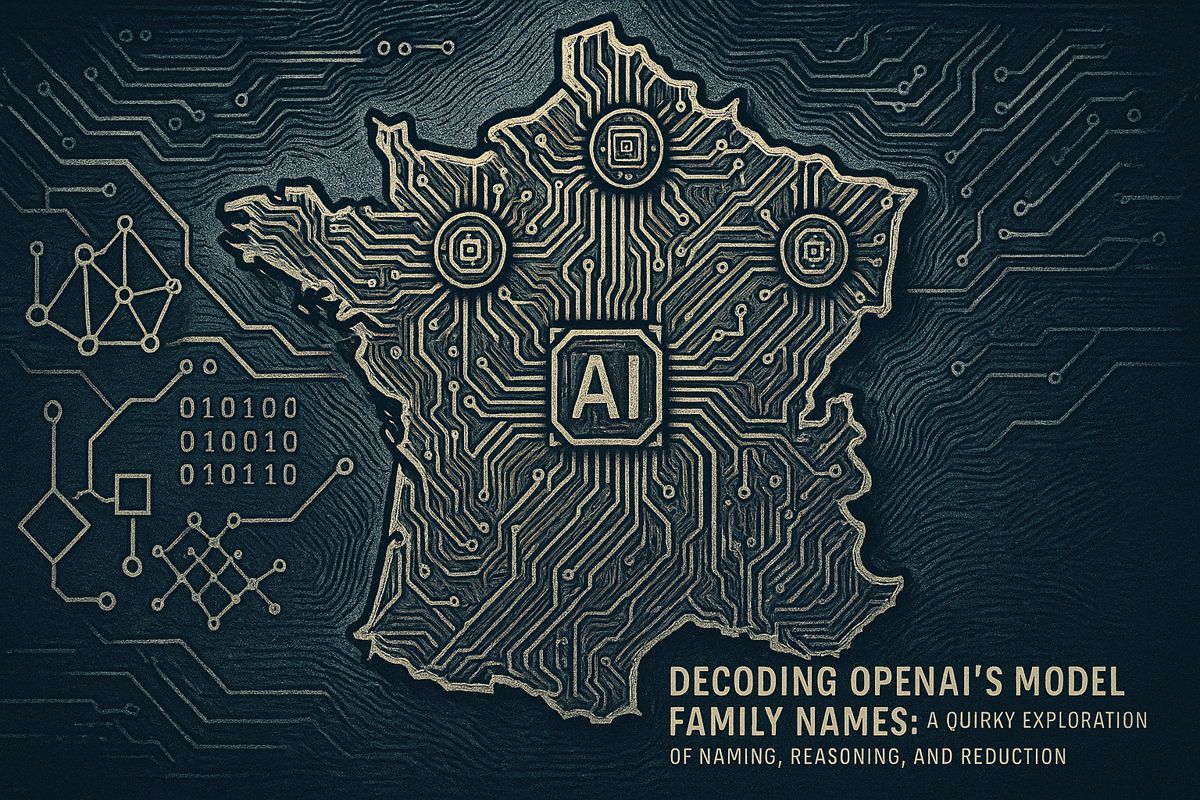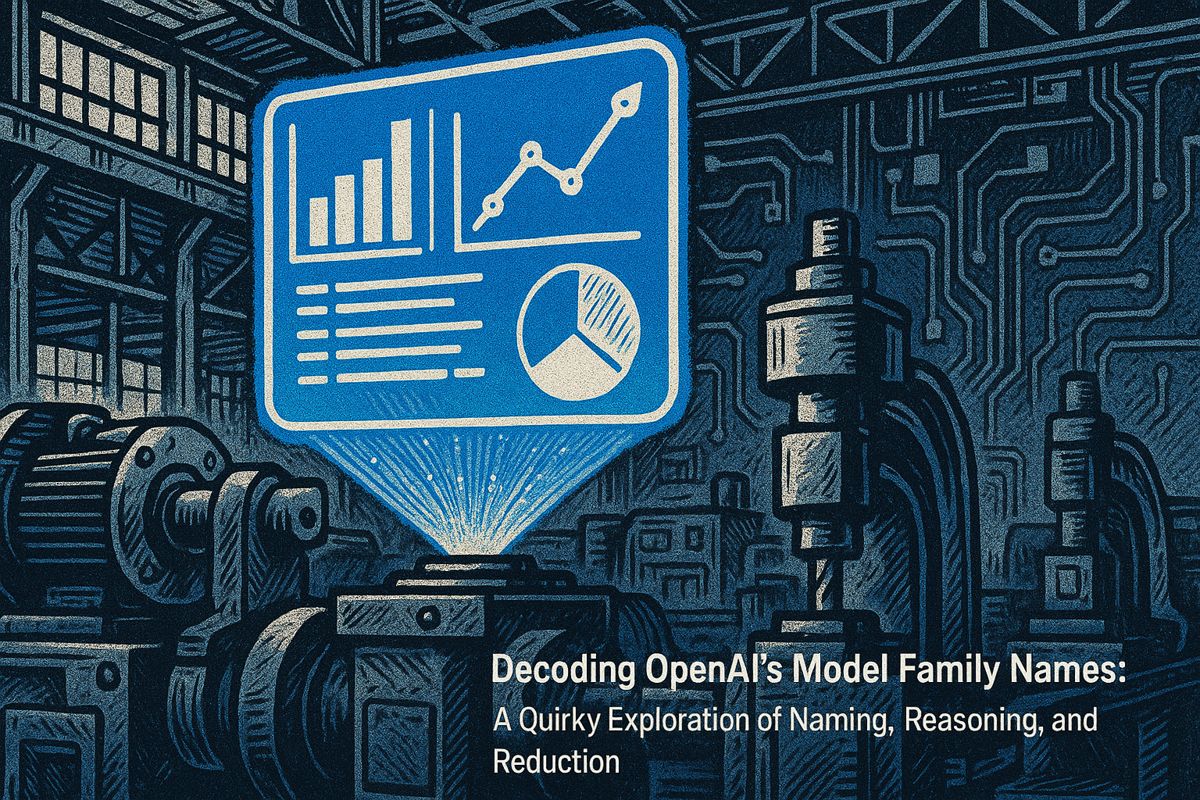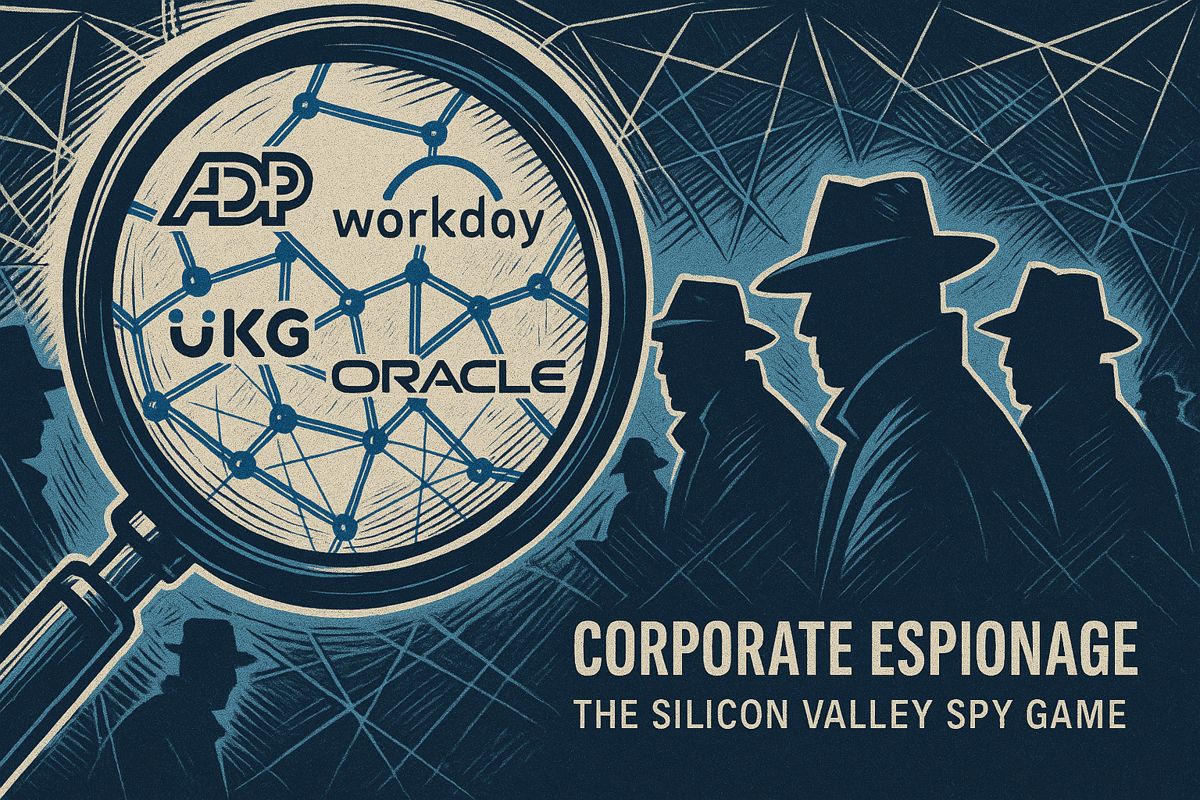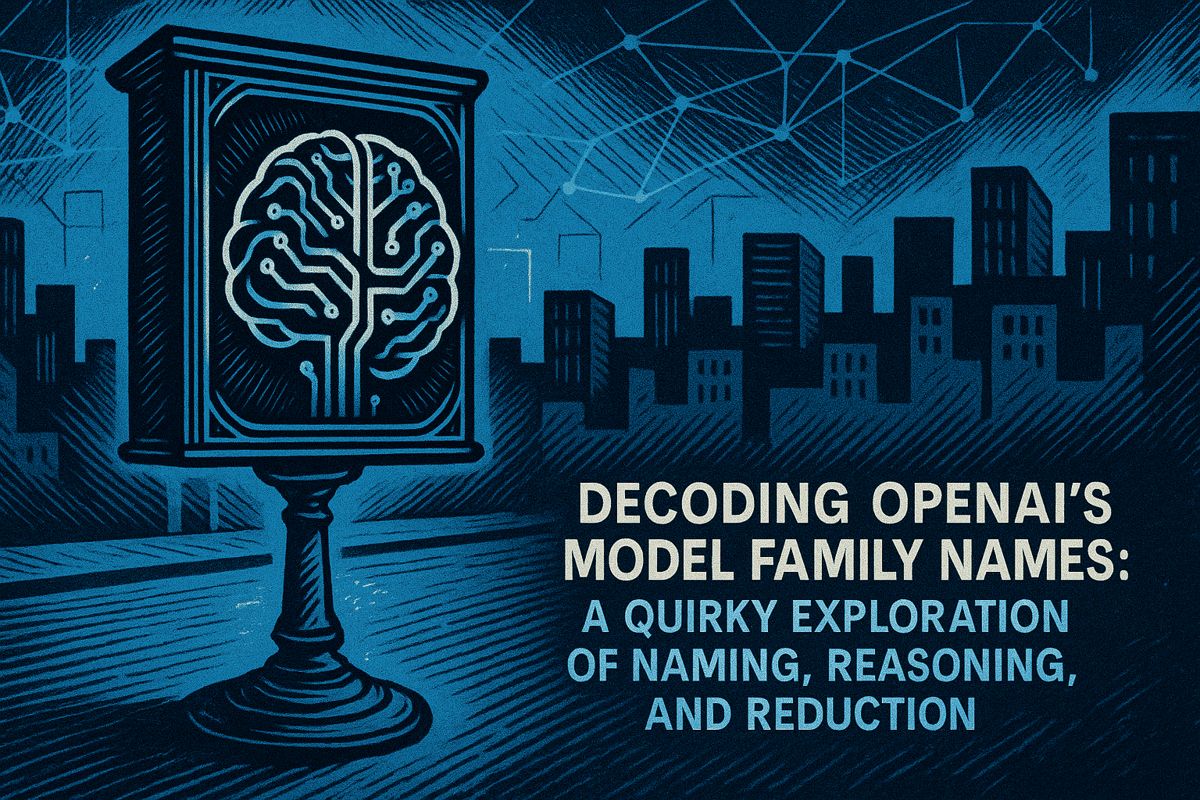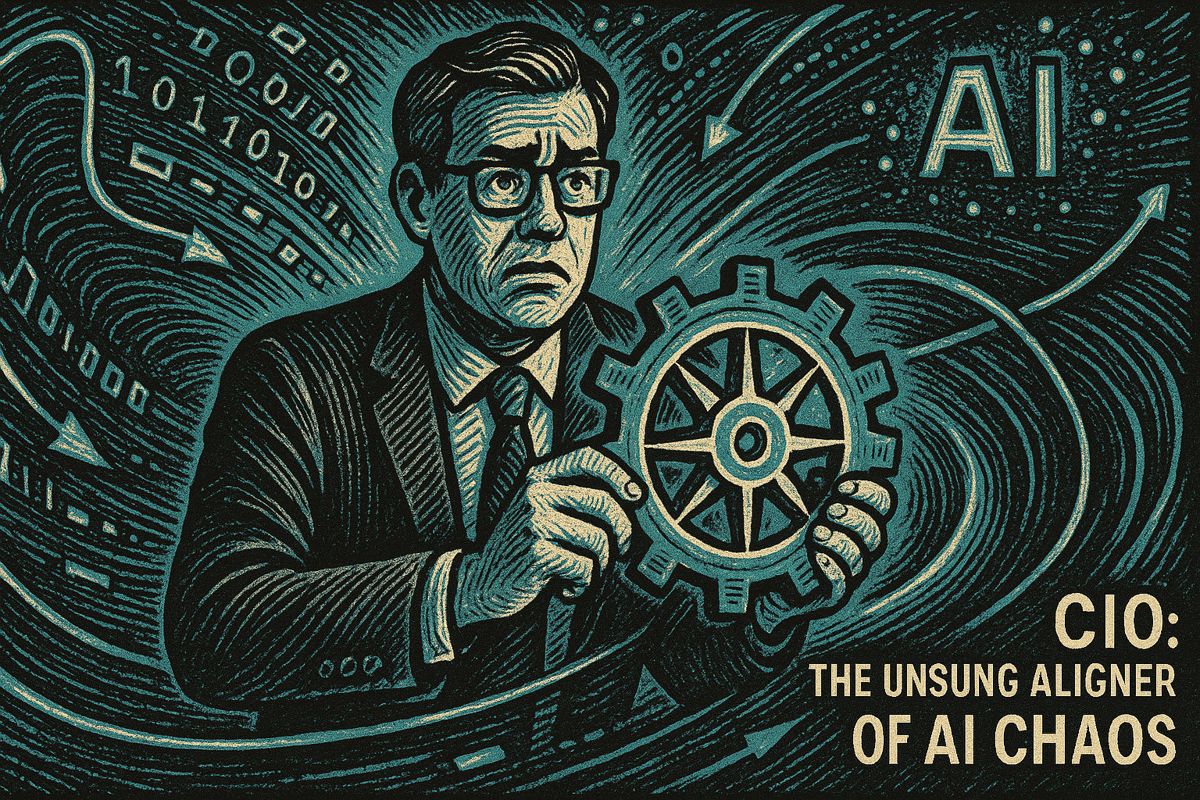Anthropic’s Claude AI is revolutionizing workplace productivity with groundbreaking features like real-time web search, native support for Slack, Jira, and Confluence, and seamless Google Workspace integration. The AI offers competitive pricing at $3 per million input tokens and delivers unprecedented research, code generation, and cross-platform collaboration capabilities. With rapid development and innovative integrations like Apple’s “vibe-coding” in Xcode, Claude is transforming how professionals work, blending cutting-edge technology with practical solutions. The platform’s speed and versatility are pushing the boundaries of AI assistants, creating a dynamic landscape of technological advancement. Despite some lingering skepticism, Claude represents a significant leap forward in AI integration and workplace efficiency.
What Are Claude’s Latest AI Integration Features?
Claude by Anthropic now offers real-time web search with citations, native support for Slack, Jira, and Confluence, and seamless integration with Google Workspace. Priced competitively at $3 per million input tokens, it enables advanced research, code generation, and cross-platform collaboration with unprecedented speed and accuracy.
When AI Starts Remembering the Present
Sometimes, the future barges in before you’re ready. Tuesday evening, bleary-eyed and clutching a mug of coffee, I spotted an update about Anthropic’s Claude while scrolling TechCrunch. That familiar frustration hit me – years of copy-pasting Jira tickets, muttering at Slack, cursing integrations that felt like gluing spaghetti to a wall. If you’ve ever asked why your stack can’t just cooperate, you know the vibe.
Anthropic has flung open the gates. Claude now brandishes real-time web search, a feature that doesn’t just nibble at trivia but actually delivers up-to-the-minute research with citations. Imagine an AI that doesn’t hallucinate the present but actually knows it’s mid-2024. That’s not just a bullet point; it’s one of those moments that makes you sit up, heart rate spiking ever so slightly, and wonder: Is this what “AI for work” was supposed to feel like?
It’s not all perfect, of course. I remember botching a Zapier script that caused a calendar meltdown last May. Now, Claude’s “Research” mode churns through Gmail, Calendar, Docs, and serves up those elusive meeting conflicts or action items without breaking a sweat. The difference? Before, I was patching holes in a leaky canoe; now, it’s like rowing with a tailwind.
Integrations That Actually Work (And Don’t Feel Like Black Magic)
Let’s pause and call out the specifics – Claude’s new integrations aren’t some incremental upgrade. We’re talking native support for Slack, Jira, and Confluence, all stitched into the Max plan (which, by the way, is $100/month). If you’re running project management with Atlassian tools, or living inside Google Workspace, the seamlessness really does border on uncanny. A whiff of fresh pine, perhaps, when you realize your emails, docs, and calendars are finally talking to each other.
That’s not all: the pricing for Claude’s models deserves a raised eyebrow. Sonnet, the workhorse tier, clocks in at $3 per million input tokens and $15 for output – less if you batch it. Haiku, meanwhile, offers a quicker, thriftier option at $0.80 and $4, respectively. (I once scoffed at fractional costs per token – but at scale, pennies morph into budget-line thunderclaps.)
Am I exaggerating? Claude’s speed of release is, frankly, vertiginous. All of this dropped in a mere 10 days. I actually missed a detail on first read-through and had to circle back – a small, sheepish admission from someone who prides himself on staying current.
Apple Dips Into “Vibe-Coding”: The Collaboration That Raised Eyebrows
This isn’t mere feature creep. It smacks of an arms race between Anthropic, OpenAI, and Google’s Gemini division – except here, the chess match is played with industrial magnets and the rules keep changing. A price war could easily erupt if Claude keeps undercutting Google’s API for web search or outpacing Microsoft’s Copilot on Slack integration.
I do wonder: will procurement managers actually switch, or will inertia win out again? (That’s the cynic in me—learned the hard way after a failed migration in 2022.) Still, the tension is palpable, like the hum of servers in a Stanford data center at dawn.
The Human Pulse: Gratitude, Grit, and a Dash of Doubt
Frankly, if you’d told me a year ago that my so-called “AI assistant” would resolve Jira tickets, cross-reference Gmail, and conjure code on the fly, I’d have laughed my way to the local dive bar. Yet here I am, torn between genuine excitement and a pinch of skepticism – what corners will get cut as this pace accelerates? Still, it’s hard not to feel a zing of gratitude with every working integration.
There’s always a catch, isn’t there? Maybe something’s about to break. Maybe the next big release will stumble. But for now, Anthropic is moving like a cheetah on roller skates, and the old guard is being forced to sprint just to keep up.
Honestly, I almost wish I could slow the clock, savor the moment, and test every shiny new feature before the next headline hits. But that’s AI in 2024: you blink, and the future’s already knocking on your inbox.
Who’s ready? (I’ll be over here, updating my password… just in case.)

